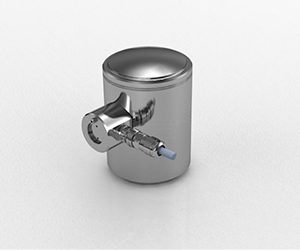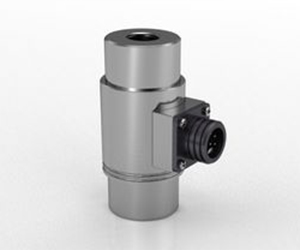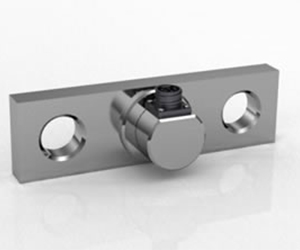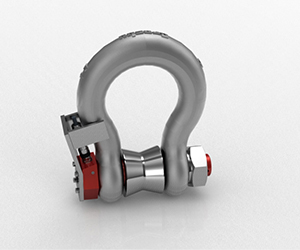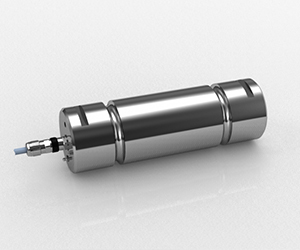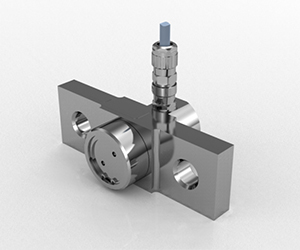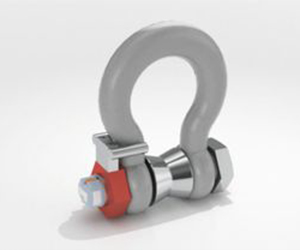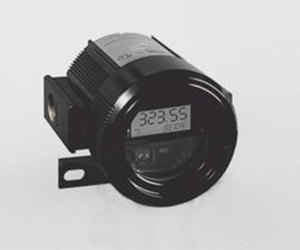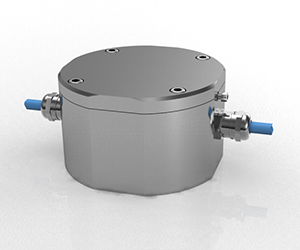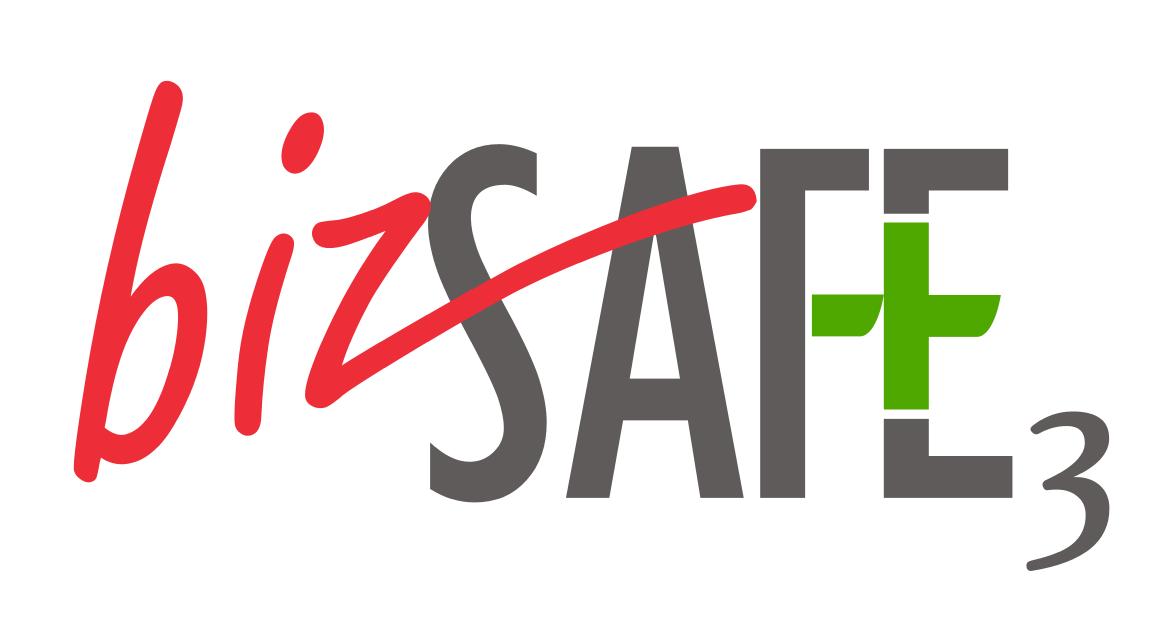 |
|
|
ATEX/IECEx Products
LCM Systems offer a wide range of standard ATEX/IECEx certified load cells, load pins, load shackles, load links, instrumentation and accessories. We offer our expertise in supplying bespoke ATEX/IECEx products that are tailored to meet specific customer requirements. The basis of ATEX and IECEx are generally the same, although ATEX certification is widely accepted throughout Europe, while IECEx is recognised in most other global markets. Within this comprehensive range of products, we offer solutions that are cable connected (with and without integral electronics) and also wireless solutions.
Ranging in capacity from 2 to 1000+ tonnes, all our ATEX load cells are supplied with full environmental protection, ATEX certification and a certificate of calibration. They are manufactured to the highest standards to deliver load measurement solutions to many industries around the world that have a requirement to measure loads within Zone 1 and 2 hazardous areas. We can also supply amplifiers and displays to provide a complete measurement system for potentially explosive atmospheres according to the ATEX95 norm.
|
|
|
General Information About ATEX/IECEx Load Cells
Background
|
Explosive atmospheres can be caused by flammable gases, mists or vapours or by combustible dusts. If there is enough of the substance mixed with air, then all it needs is a source of ignition to cause an explosion.
Explosions can cause loss of life and serious injuries as well as significant damage. Preventing releases of dangerous substances which can create explosive atmospheres, and preventing sources of ignition, are two widely used ways of reducing the risk. Using the correct equipment can help greatly in this.
|
What is an explosive atmosphere?
|
An explosive atmosphere is defined as a mixture of dangerous substances in the air in the form of gases, vapours, mist or dust, which, under certain conditions of temperature and pressure, has the potential to catch fire and explode.
|
Where can explosive atmospheres be found?
|
Many workplaces may contain, or have activities that produce, explosive or potentially explosive atmospheres. Examples include places where work activities create or release flammable gases or vapours, such as vehicle paint spraying, or in workplaces handling fine organic dusts such as grain, flour or wood.
|
What is ATEX?
|
ATEX (ATmospheres EXplosibles in French) is the name commonly given to the two European Directives for controlling explosive atmospheres:
1) Directive 1999/92/EC (also known as 'ATEX 153' or the 'ATEX Workplace Directive') on minimum requirements for improving the health and safety protection of workers potentially at risk from explosive atmospheres.
2) Directive 2014/34/EU (also known as 'ATEX 114' or 'the ATEX Equipment Directive') on the approximation of the laws of Members States concerning equipment and protective systems intended for use in potentially explosive atmospheres.
International standards IEC 60079 and IEC61241 (IECEx), which are harmonized with EN European Directives, are the main hazardous area standards recognised throughout the rest of the world, outside of Europe.
|
|
|
|
|
|
|
|
|
|
|
|
|
|
|
|
|
|
|





